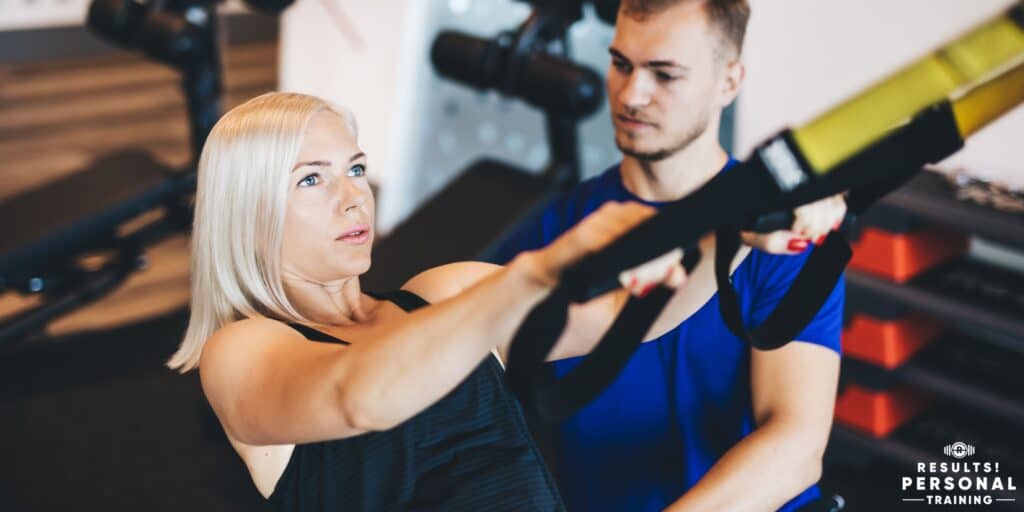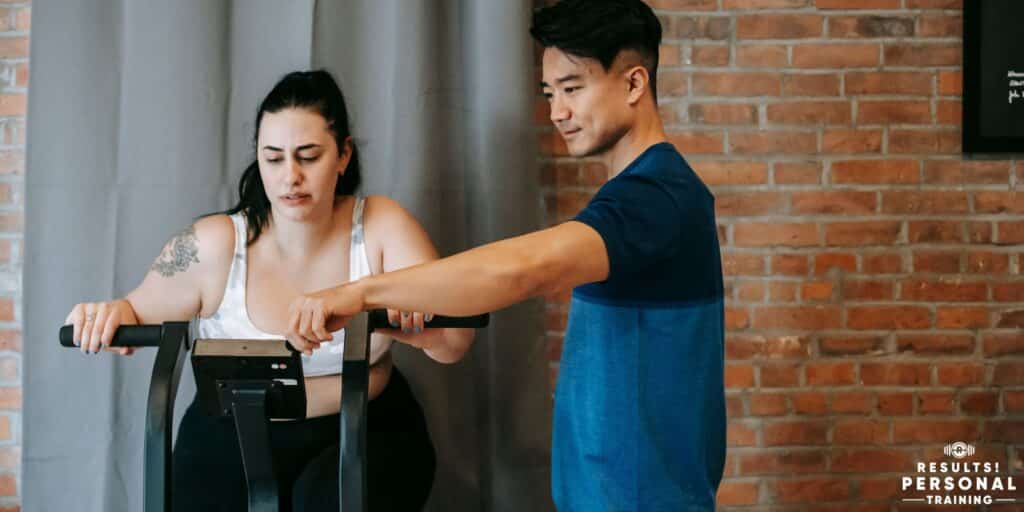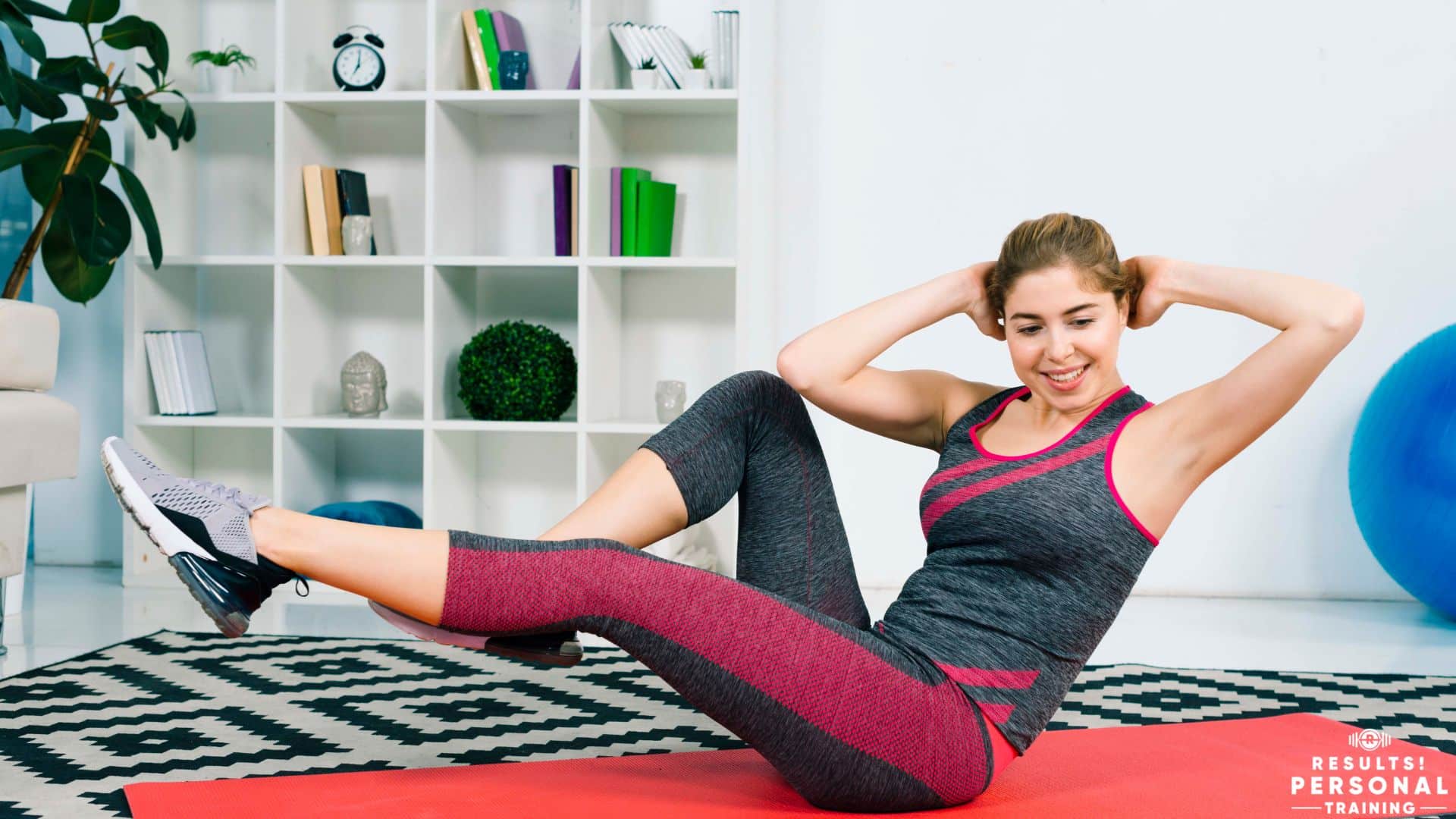Everyone’s body and lifestyle are different, so it only makes sense that your fitness plan should be, too. That is why consultation and lifestyle audit are important, as this is where your trainer gets to know you – how you live, what your routine looks like, and what might be holding you back. From there, they can build a plan that actually fits your life and feels realistic enough to stick with in the long term.
In this blog, we’ll discuss the common questions gym trainers ask and how you can ensure they stand out as the right trainer for you during the consultation phase.
Why Do Gym Personal Trainers Conduct Lifestyle Audits?
Before any gym workouts begin, personal trainers need a comprehensive picture of who you are beyond the gym. Lifestyle audits serve as that foundation. Rather than guessing what might work for you, trainers use this structured consultation to gather insights about your daily routines, sleep habits, work stress, nutrition, mobility, and overall health status.
Understanding these lifestyle variables is crucial, as clients often juggle long workdays, high mental stress, and unhealthy dietary choices. For instance, a program for a 45-year-old office manager with hypertension and two young children will look very different from one created for a 23-year-old university student training for her first 10K steps. The audit allows trainers to tailor intensity, volume, frequency, and even session timing to suit your life, not disrupt it.
Common Questions a Gym Instructor Might Ask You

Do you have any past or existing injuries or medical conditions?
Gym instructors need to be aware of any musculoskeletal issues, chronic illnesses (like diabetes or hypertension), or previous surgeries. This helps them recommend safe gym exercises and avoid movements that could aggravate your condition. For example, if you’ve had a knee injury, your trainer may skip deep squats in favour of low-impact strength work.
How much and how well do you sleep?
Sleep affects everything from energy to recovery. If you’re sleeping only 4–5 hours due to work stress or parenting duties, your personal trainer may adjust intensity or training times to avoid burnout. Sleep quality also gives clues about your stress and recovery capacity.
What do your eating habits look like?
Rather than asking for a calorie count, trainers may explore your general nutrition patterns. Do you eat out often at hawker centres? Skip breakfast? Have irregular meals due to shift work? These details shape realistic nutritional advice.
What are your main fitness goals?
Your program’s structure will depend on what you want to achieve, whether it’s losing fat, building muscle, getting more energy, or training for an event. A clear goal helps the gym instructor measure progress meaningfully and keep you motivated through plateaus.
Have you worked with a trainer or followed a workout plan before?
This reveals your level of experience. If you’re a beginner, the trainer knows to keep things foundational. If you’ve trained before, you can skip the basics and explore more advanced programming or help troubleshoot why previous plans didn’t stick.
Do you have any physical or mental stress right now?
Chronic stress affects recovery, energy, and even appetite. Personal gym trainers need to know if you’re juggling high-pressure work, caregiving duties, or sleep issues so they can adjust your gym exercise volume and rest protocols.
What’s your current activity level?
This includes structured gym workouts, as well as activities such as steps per day, household chores, or recreational sports. Someone who takes the MRT and walks daily may have a very different base level of fitness than someone who drives and works from home.
What kind of gym exercises do you enjoy or dislike?
Enjoyment is key to consistency. If you dread running, your trainer might focus on strength training or circuit-style cardio instead. If you enjoy music and rhythm, dance-based classes might be recommended. The goal is to make fitness feel accessible, not punishing.
What has stopped you from staying consistent in the past?
This is a behavioural question that reveals your patterns. By identifying factors like boredom, poor planning, lack of results, or dips in motivation, your trainer can develop strategies that support long-term consistency. For example, someone who gives up when progress stalls might benefit from regular milestone tracking and varied routines.
What does a typical weekday and weekend look like for you?
This question helps the gym instructor understand your daily routine, including work hours, family responsibilities, and general activity level. As long work hours and desk-bound jobs are common, this insight helps design programmes that complement your life, not complicate it.
What Makes the Best Gym Trainers Stand Out During These Consultations?

Not all trainers are created equal. While most will ask questions during the consultation, the best gym trainers know how to translate your responses into a truly customised, sustainable plan. This is where experience, certification, and emotional intelligence set elite gym personal trainers apart.
1. Interpret Information Thoughtfully
Standout trainers don’t just collect your answers; they analyse how each piece of information fits into your broader lifestyle. Based on that, they create a plan that aligns with your daily routine, responsibilities, and existing habits.
2. Pay Attention to Non-Verbal Cues
They observe more than just what’s said. They take note of posture, breathing patterns, body language, and energy levels. These subtle details offer valuable clues, such as tension that may indicate stress or poor mobility, or low energy that could be associated with sleep issues. All of this helps them start visualising a training approach that respects both your physical and emotional baseline.
3. Communicate Clearly and Confidently
What sets them apart is their ability to communicate clearly and explain concepts simply, like how strength training supports weight loss or why recovery matters. This clarity helps you feel informed and confident about what’s to come, rather than being overwhelmed by technical fitness talk.
4. Start Personalising from Day One
Even before training begins, trainers are already forming a plan. They begin to think through:
- Which time slots suit your energy levels and work schedule
- Whether you’d respond better to one-on-one sessions or group training
- How to pace your introduction to gym workouts, especially if you’re new or returning after a break
Their mindset is client-first, aiming for progress that’s realistic, sustainable, and fully integrated with your existing lifestyle.
Finishing Thoughts
Your first session with a personal trainer isn’t about jumping into a workout or measuring your body fat; it’s an opportunity to assess the trainer. Are they asking meaningful questions? Do they listen carefully and show genuine interest in your goals, lifestyle, and challenges?
So, when that trainer pulls out the form and starts asking about your sleeping habits or favourite kopi order, don’t hold back. The more they know, the better they can help you build a body and lifestyle that actually works.




















